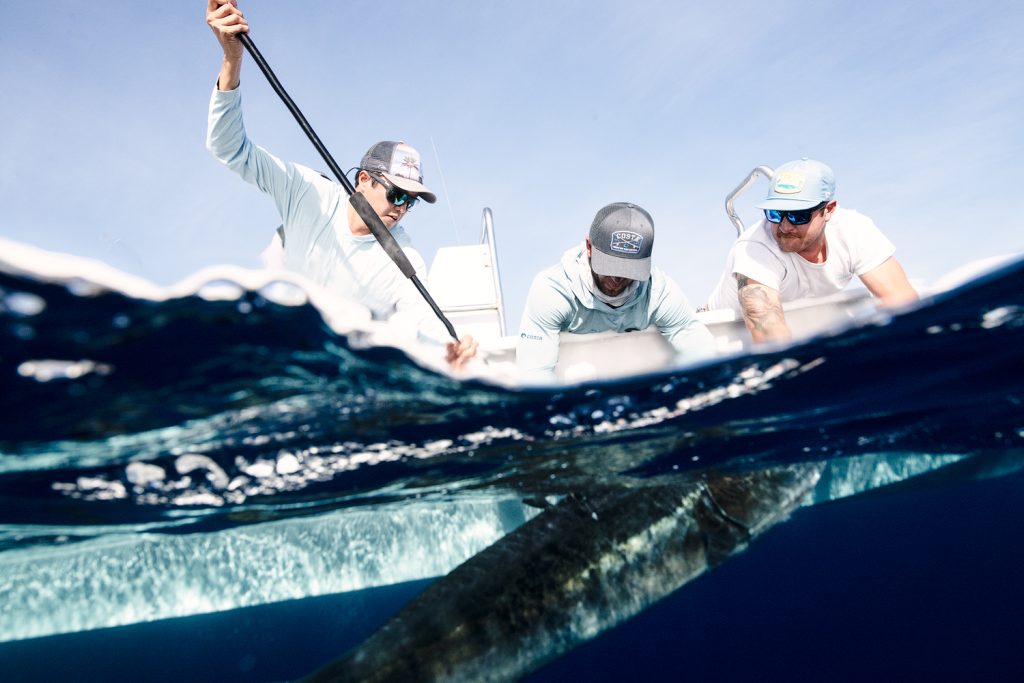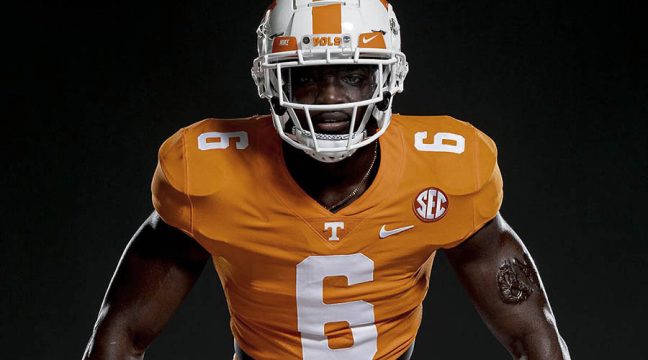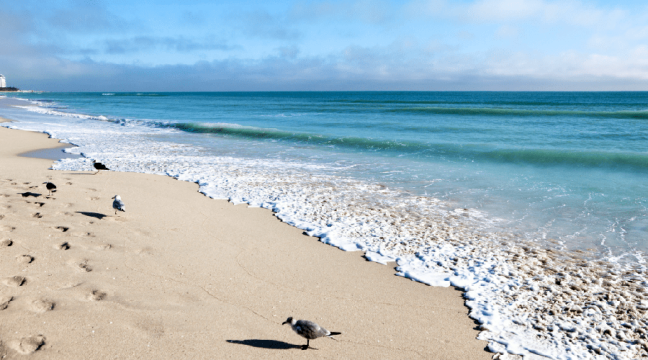Costa Sunglasses launched the Marlin Fly Project, the first recorded billfish research mission to solely use fly tackle.
In partnership with San Carlos, Mexico locals, The Billfish Foundation (TBF) and the International Game Fish Association (IGFA), the Marlin Fly Project deployed “15 satellite tags in two days to better understand and protect this understudied billfish species.” The project took place in Southwestern Baja, Mexico in December 2022.
Led by Costa, the company brought together Costa Pros (pro anglers and fishing guides, billfish scientists, conservation organizations, and community partners) working with local captains, guides and the San Carlos community.
“The epic fishing tales coming out of Magdalena “Mag” Bay alone attracted us to the region in 2021, but what we found there was an authentic community, rich with culture, built alongside an untamed ecosystem,” said Jed Larkin, brand director of Costa Sunglasses. “That trip sparked a trailblazing idea—what if we brought our global community of scientists, partners and pros together with the local community of San Carlos to research and protect this special resource? And that’s how Marlin Fly was born. Rooted in both community and conservation, this project is everything we stand for as a brand.”
“There’s no place on earth with an ecosystem quite like Mag Bay,” said Dr. Bruce Pohlot, IGFA Conservation Director. “Every year anglers from around the world travel to this unique destination to experience one of the most incredible billfish fisheries on the planet, But the reality is, there has not been a lot of scientific research done on this population of Striped Marlin in the Eastern Pacific. That’s why the IGFA was happy to jump on board with our longtime partners at Costa when they started asking questions about what can be done to protect this magnificent resource.”
Of the 15 short- and long-term satellite tags deployed during the project, Costa resourced three tags to support IGFA’s Great Marlin Race, and TBF donated seven. The tags will track post-release survivability, migrational patterns, swimming depth, and water temperature. An additional 20 spaghetti tags were deployed for ongoing recapture data. The discoveries from Costa’s Marlin Fly Project will help fill “crucial data gaps and aid in global and local efforts to conserve this highly migratory species (HMS),” reported Costa.
Scientists from The Billfish Foundation, International Game Fish Association, and the University of Southern Mississippi Center for Fisheries Research & Development vetted all landed fish to ensure they were viable candidates before tagging. All landed and tagged fish were healthy before swimming off.
“Through this collaboration, Costa’s Marlin Fly Project is set to collect unparalleled data about Striped Marlin that will help play a pivotal role in supporting conservation and enhancing fisheries management efforts,” said Peter Chaibongsai, director of conservation programs at The Billfish Foundation. “We’re honored to be a part of such a unique project that puts community at the forefront. The strong bond forged with the locals not only enables them, but also fosters a sense of advocacy. This ensures that the project’s impact extends far beyond scientific research – it creates a network of passionate advocates dedicated to conserving this resource for years to come.”
Costa said, “it has spent the past four decades carrying out its ‘higher calling’ to protect the waters we love, connect those who come to life on the water, and to conserve the life within. The Marlin Fly Project is seen as an extension of that commitment.
The Marlin Fly Project will continue its mission to create advocates for the Striped Marlin fishery, locally and globally. In honor of its 40th Anniversary, Costa Sunglasses reported it will release its Second Edition: Protect Purpose Report next month, highlighting its commitment to conservation, community and sustainability in 2021/22.
To view the Marlin Fly Project short film, go here.
Photo courtesy Costa











